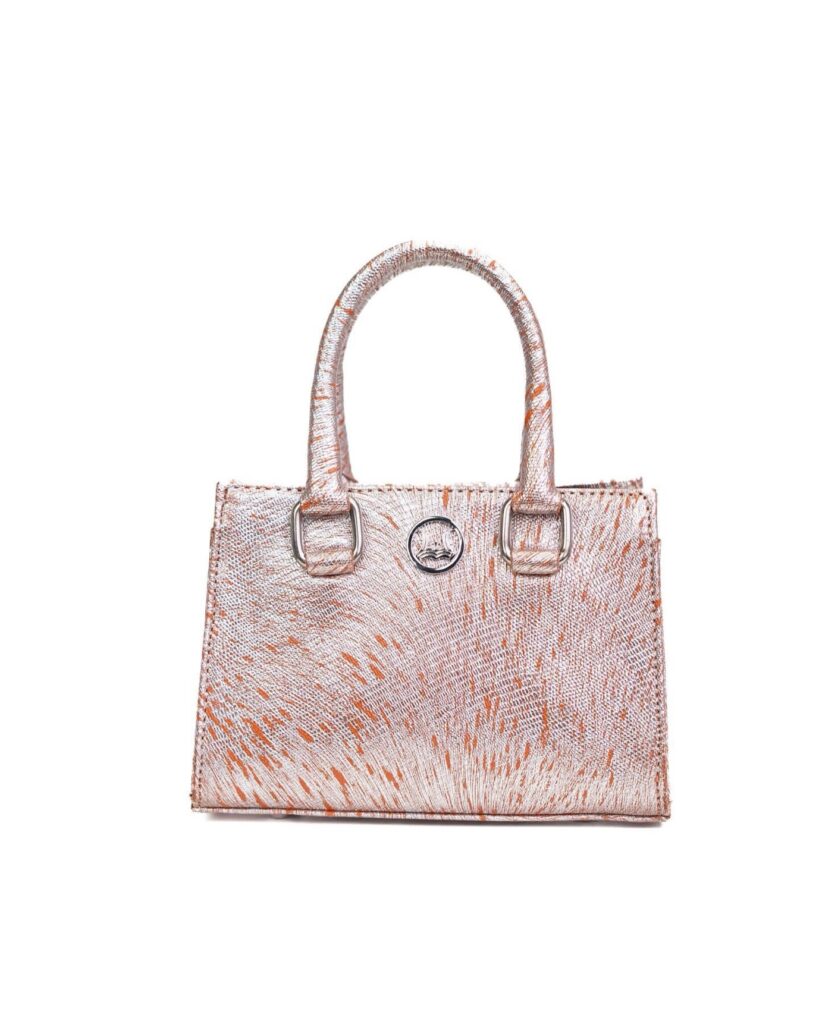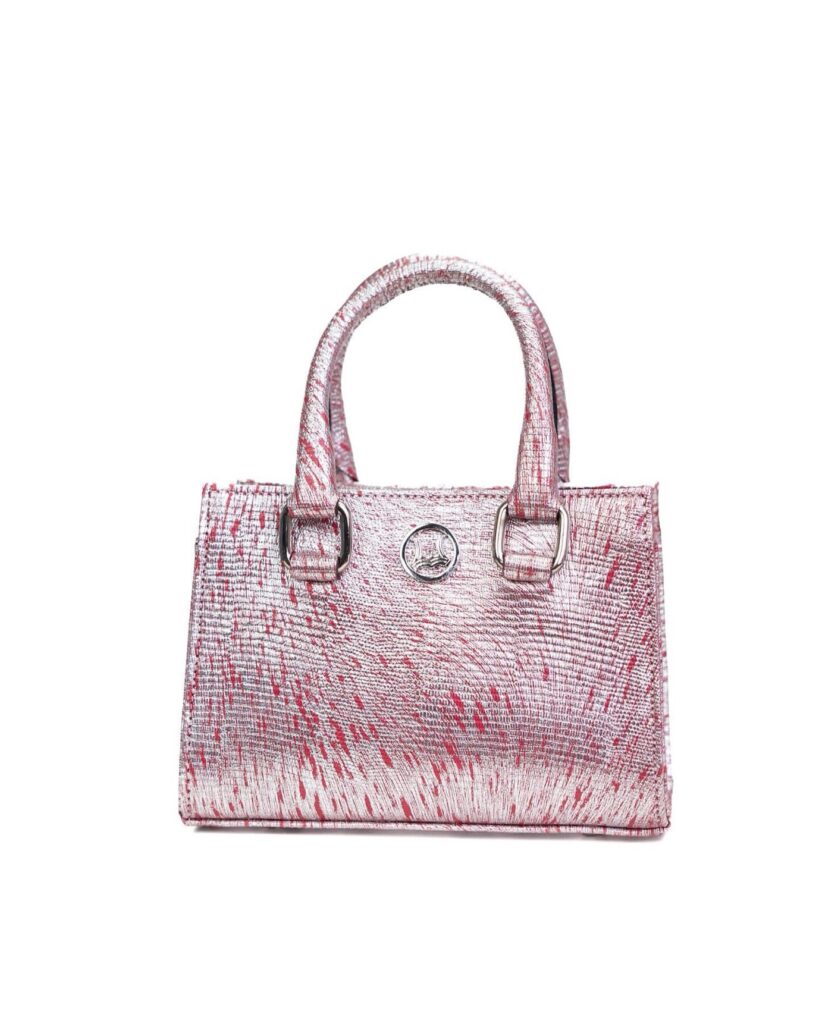Luxury labels in the West have long prized high-quality leather sourced from Africa. Now, African companies and designers are seizing the opportunity to build their own brands, showcasing the continent’s leather craftsmanship and sustainable practices.
Winston Leather, a Nigerian leather brand, celebrated unprecedented sales in June, marking the biggest milestone in its 30-year history. This surge was catalyzed by a tweet from fashion historian Shelby Christie in March, which highlighted that the Kano-based tannery supplies leather to luxury fashion houses like Louis Vuitton and Ralph Lauren. The tweet, which resurfaced in June, sparked a flood of orders from the fashion industry eager to support Black-owned businesses and explore new sourcing opportunities.
“It was like a stamp of approval,” says Winston Udeagha of Winston Leather, a subsidiary of God’s Little Tannery. Udeagha explains that many people are unaware that a significant portion of the world’s leather originates from Africa. “If luxury fashion houses were using our leather in their finished goods, then consumers could trust the quality of our purses and shoes,” he notes. Despite being in the leather manufacturing business for decades, it wasn’t until 2018 that Udeagha decided to produce his own brand of leather accessories, recognizing the growing market of fashion consumers eager to buy African.
For a long time, African leather has been underappreciated by consumers. Although there has been a shift towards greater transparency in the fashion industry, EU laws have allowed luxury fashion houses to label products as “Made in Italy” or similar, even if the raw leather is sourced from Africa and initial production processes occur there. This practice has kept “Made in Africa” leather goods under the radar, hindering their recognition for quality and excellence both within Africa and globally.

Despite being underfunded, African designers are determined to change the perception of African leather, leveraging the continent’s vast resources and capacity for sustainable fashion. While leather is facing scrutiny from sustainability-focused designers worldwide, African production offers a more sustainable solution. Issues like animal cruelty, wastewater, and harsh chemicals in tanning are mitigated by practices such as underfarming, reduced consumption, reuse, and fair livestock farming, where meat is the primary focus and leather is a byproduct.
Initiatives like the Green Tanning Initiative and metal-free leather production in Ethiopia and other East African countries are educating tanners on less toxic methods and advocating for environmentally friendly policies in Africa’s leather production.

Some of the most innovative African leather goods companies have adapted to the preference for exporting the highest quality leather by maximizing local material resources. Nardos Tamirat, the co-founder of Ethiopia-based Tibeb Leather Works, emphasizes, “We focused on what we could do better. We knew we were in a different market and our value proposition was different. For us, that is our leather and traditional Ethiopian designs.”
Tibeb Leather Works uses leather that would otherwise be discarded by premium houses due to flaws. By maintaining the leather as natural as possible, Tamirat believes Tibeb stays true to its Ethiopian origins, creating unique leather purses and accessories that honor the material’s natural state.
As African leather brands continue to gain recognition and establish their identities, they are poised to redefine the global perception of African craftsmanship. By embracing sustainable practices and celebrating the unique qualities of their materials, these brands are not only contributing to the global fashion industry but also fostering economic growth and cultural pride within their communities. The future of African leather is promising, with an increasing number of consumers eager to support and invest in high-quality, ethically produced African goods. This growing interest and investment will likely propel the African leather industry to new heights, expanding its reach and influence in the global market while setting new standards for quality and sustainability in fashion.
Sources
- https://www.businessinsider.com/winston-leather-handbags-designer-making-luxury-more-accessible-2021-8#:~:text=When%20Udeagha%20founded%20Winston%20Leather,from%20Udeagha’s%20Nigeria%2Dbased%20company
- https://winstonluxuryleather.com/




